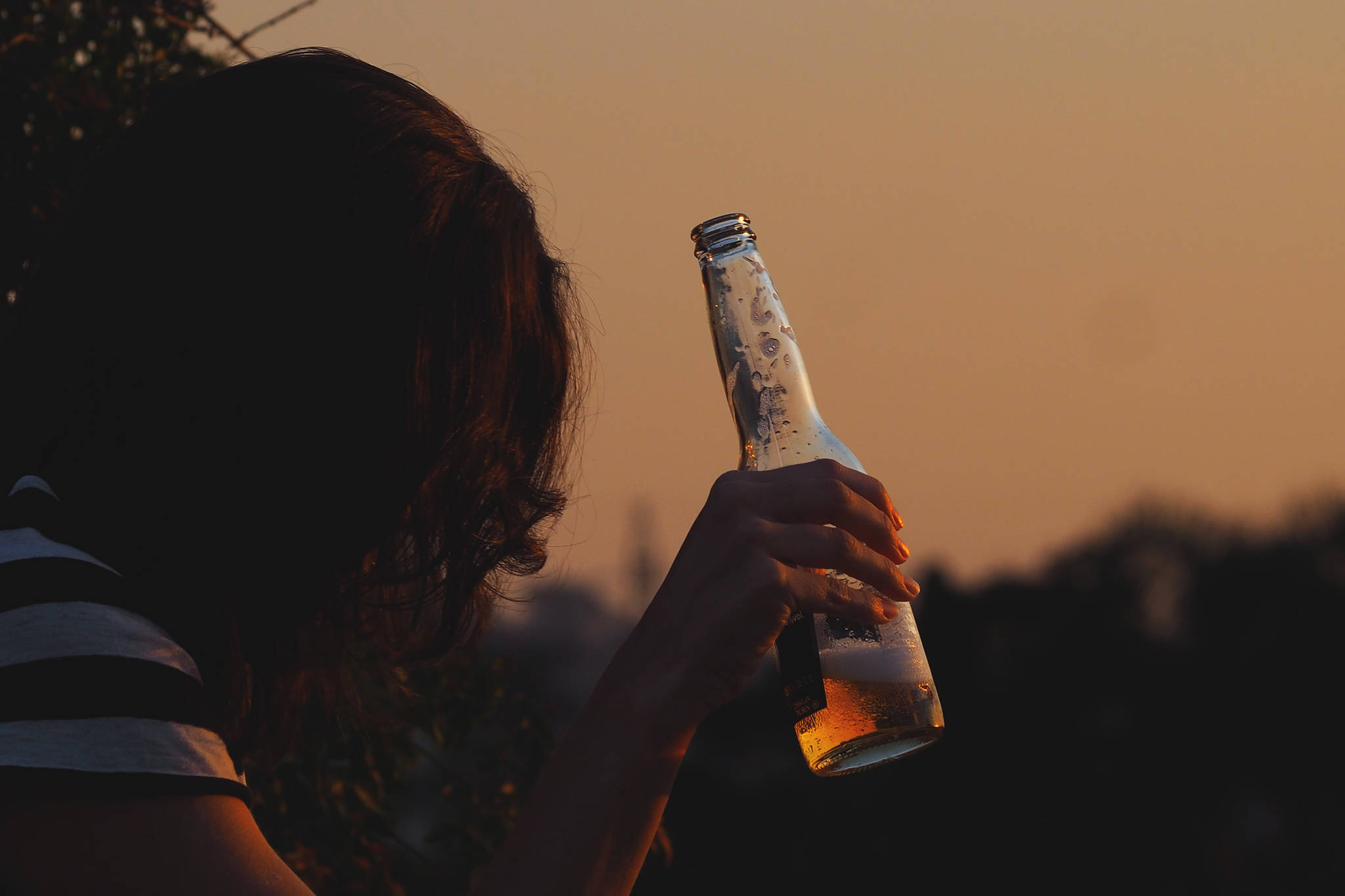Editor’s Note: The Empire is publishing a weekly column from members of Juneau’s recovery community, in coordination with Great Bear Recovery Collective, to highlight September as National Recovery Month.
“Unresponsive.”
I can still see that word vibrating on the screen of that stupid old iPhone. That word would describe my best friend of 12 years, who had encountered a fate that we are all too familiar with; she lost her life to the disease of addiction.
My name is Naomi and I’m a person in long-term recovery from a substance use disorder and eating disorder. My initiation into the life of drugs and alcohol began at 12 years old, and my food restricting behaviors started even earlier. Genetic predisposition and crippling anxiety made me an ideal candidate for these diseases. As a privileged white kid from Southeast Alaska, I excelled in school but found it dull. I felt as though there was nothing to do, and alcohol became my solution for the inner turmoil I experienced.
At age 15 my parents divorced, providing me ample opportunity to manipulate people and situations to facilitate my drug use. Once I discovered stimulants, I decided that attending high school interfered too much with getting high, so I dropped out and pursued my GED. This period of my life exacerbated my eating disorder, as I was often complimented on my weight loss. At age 18, I ran away from Alaska, thinking that would solve all my problems. After a raucous year in a different state, I attempted to step back.
I moved in with my sister and enrolled in community college. My drug use shifted to more socially accepted substances, and I was able to complete two years of school.
Upon transfer to Oregon State University (OSU) I nearly failed out my first quarter. I had to drop half of my classes. Then during December finals week I received that heartbreaking text about my friend. To manage my grief, I drank, putting me into dangerous situations and making the pain worse.
I woke the morning after Christmas realizing that if I didn’t stop, I was going to die too. I could barely choke down my last drink. It felt thick and burned like hot tar oozing down my throat. I was done. Getting sober was the only way I could make sense of my friend’s death; recovery became my daily act of honoring her life.
I was privileged to be in college, providing me access to health services and counseling. I got connected in the local recovery community, began processing my trauma with a counselor, and learned how to navigate life sober through group counseling. About a year later, the Collegiate Recovery Community (CRC) began at OSU. Joining the CRC changed the trajectory of my life. I met other students in recovery, was asked to speak at conferences regarding my experience sustaining recovery in college, and was offered a job through the CRC. I discovered that my story meant something — it offered hope. Through the support and connection I found at the CRC, I was finally able to graduate. I unlocked my passion for working in the recovery field, and enrolled in a Masters of Social Work (MSW) program. After two years of pushing my intellectual, emotional and physical limitations further than I ever thought possible, I completed my MSW.
I have recently returned to Southeast Alaska and my heart is full. I have the support of my family, my partner, mentors and countless friends. It is a miracle when despite the presence of stressful situations, my heart, soul and body feel at peace. For possibly the first time in my life I know I am where I am supposed to be, and it is here, now.
One of the most valuable skills I’ve learned in recovery is the ability to hold multiple conflicting realities at the same time. I am a high school dropout AND a two-time college graduate. I have a disease AND I’m in recovery. I can love my body AND enjoy food.
I have failed miserably AND I’ve had many wild successes. Just because life feels unmanageable now, doesn’t mean that someday you won’t be living a life beyond your wildest dreams. It is never too late to turn everything around. In the wise words of Brene Brown, “once you own your story, you get to write the ending.”
• Naomi Figley is an advocate, ally, clinician and person in long-term recovery. My Turns and Letters to the Editor represent the view of the author, not the view of the Juneau Empire.

